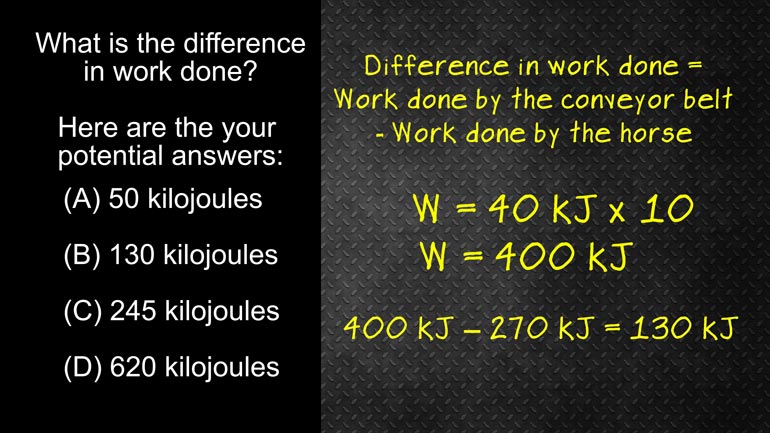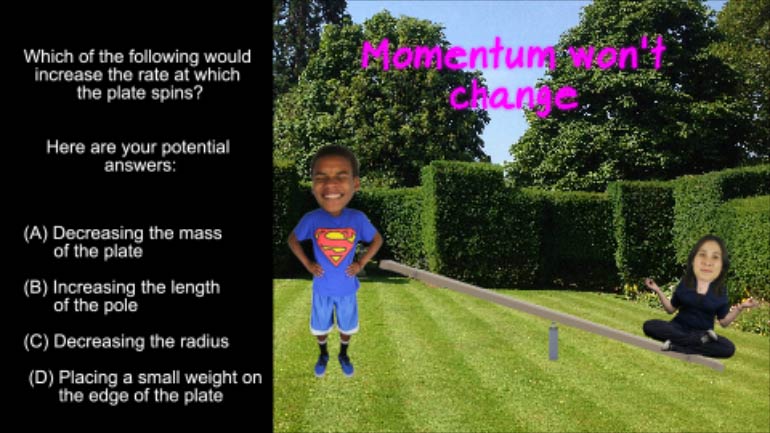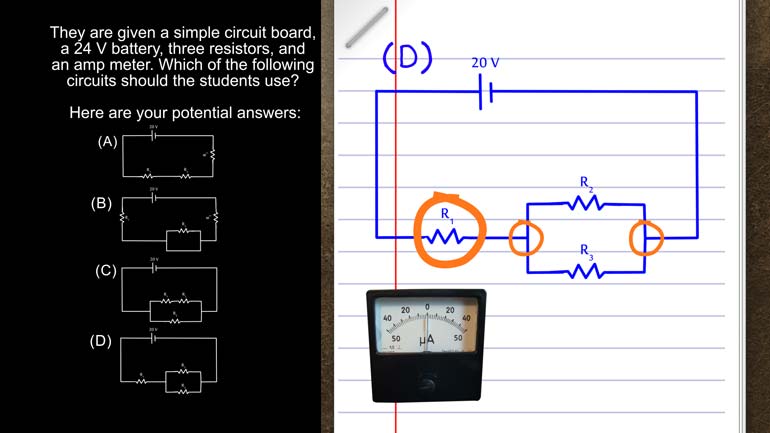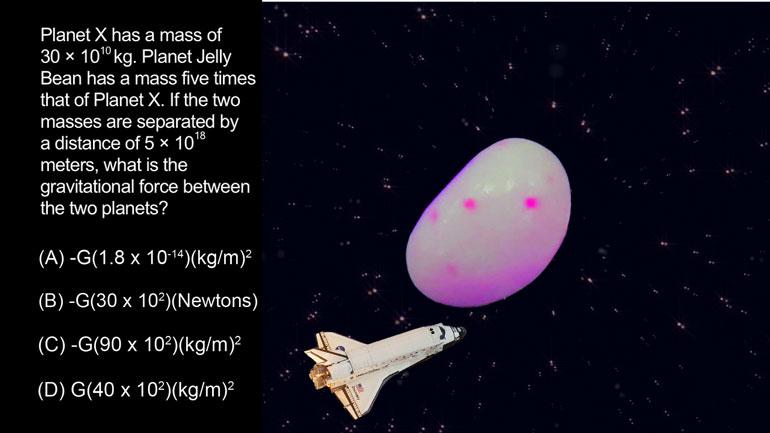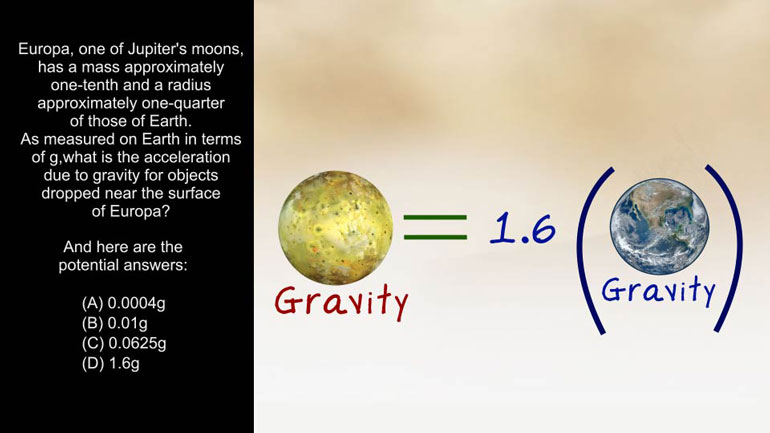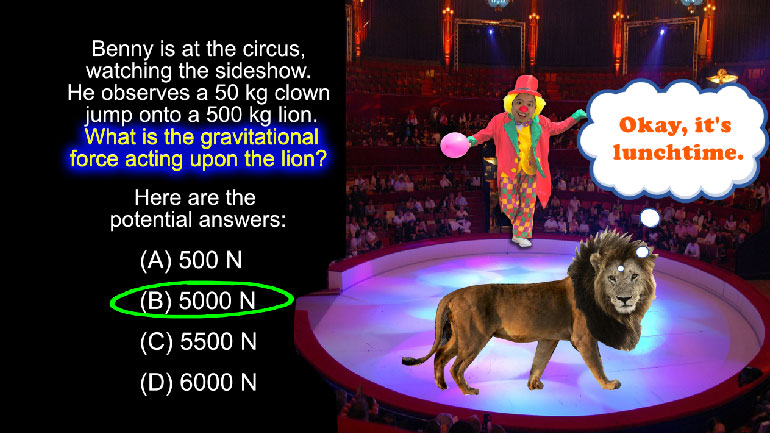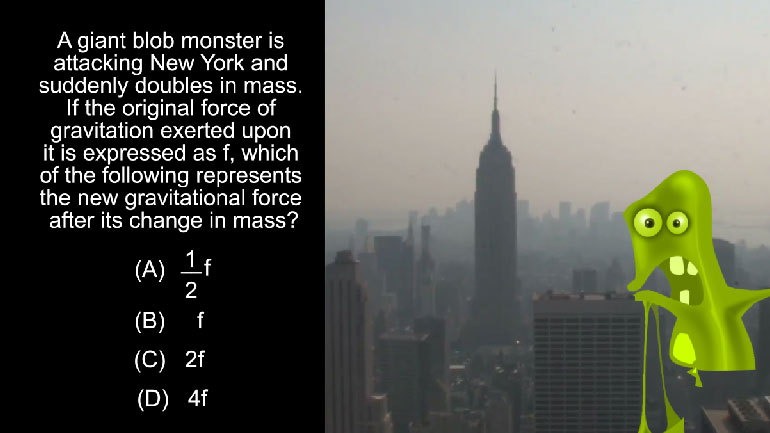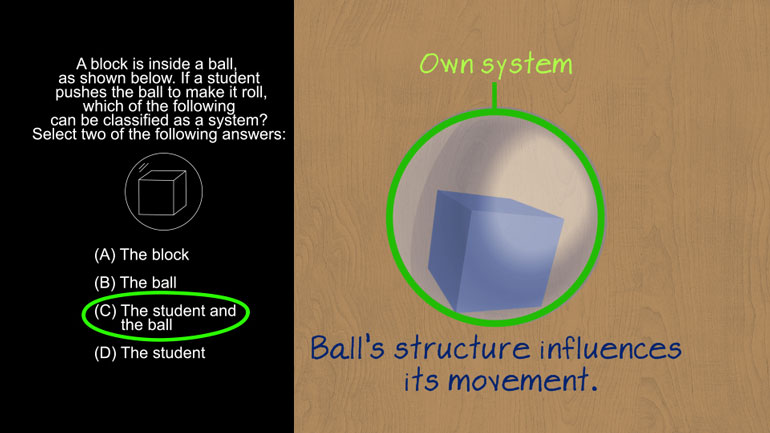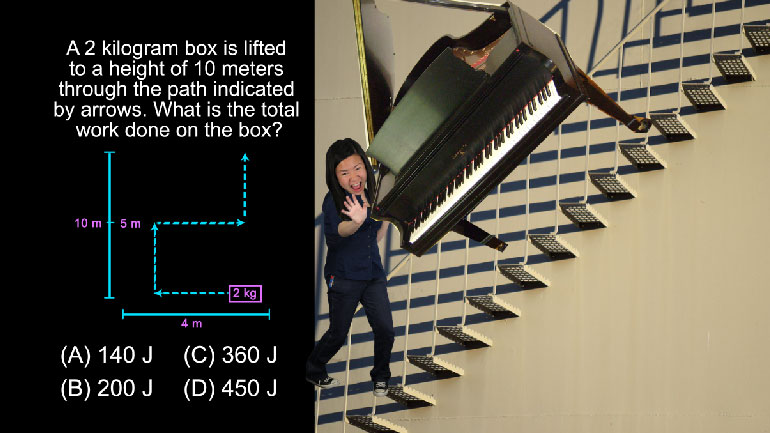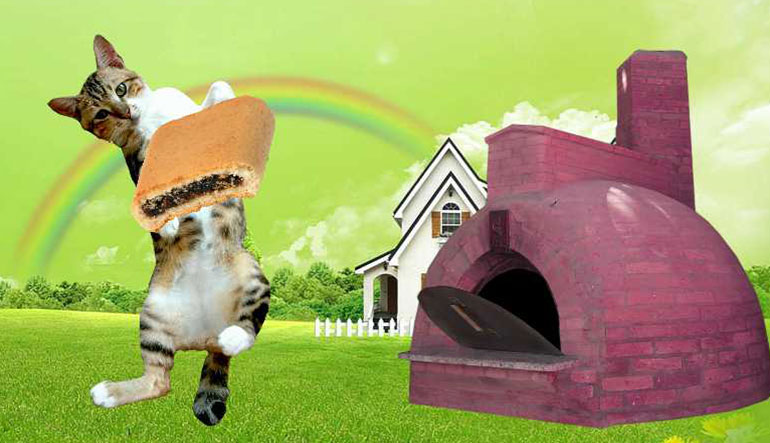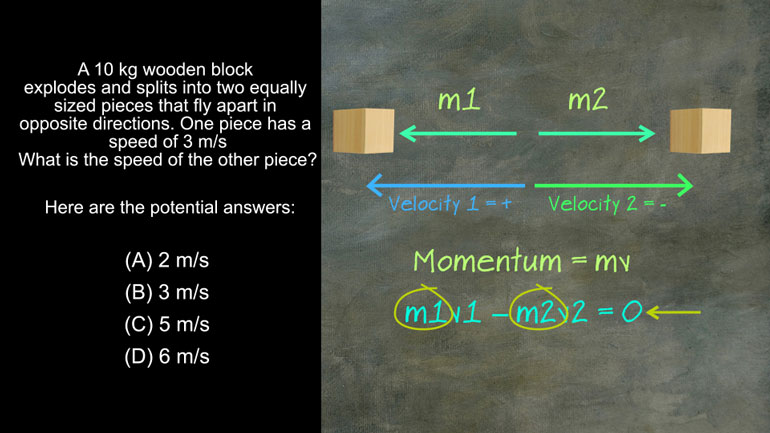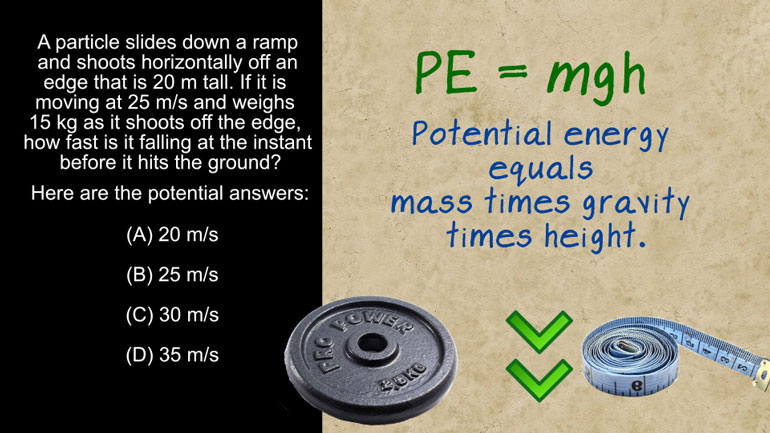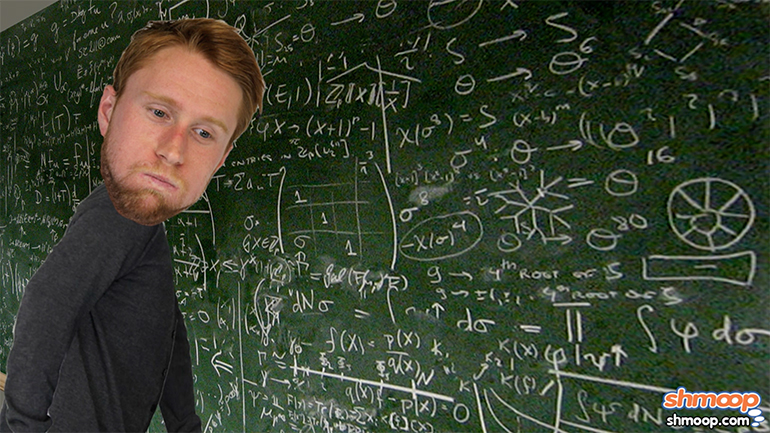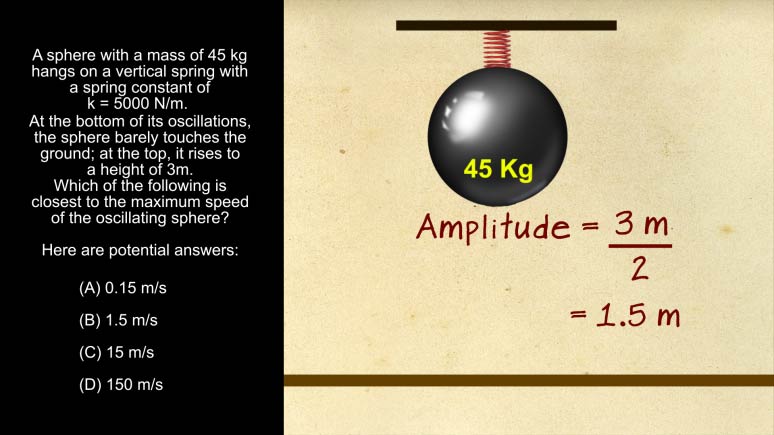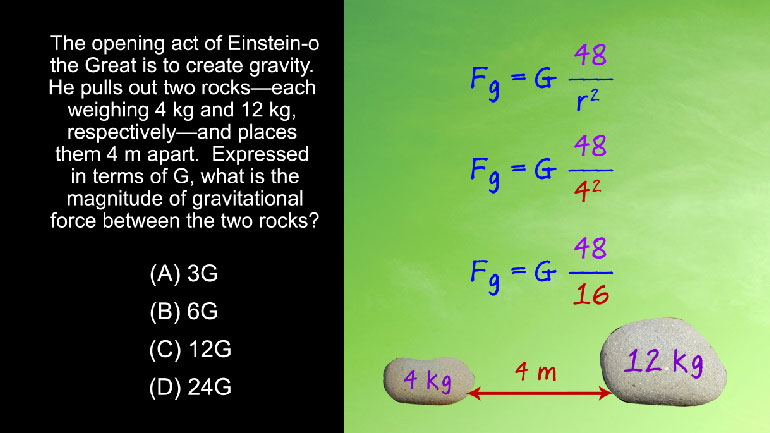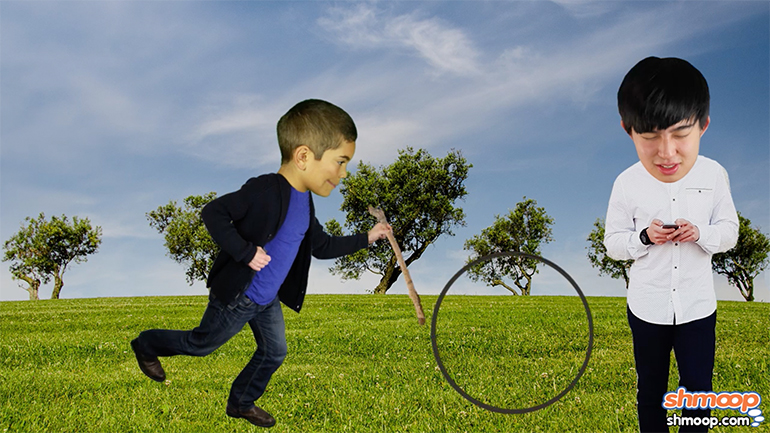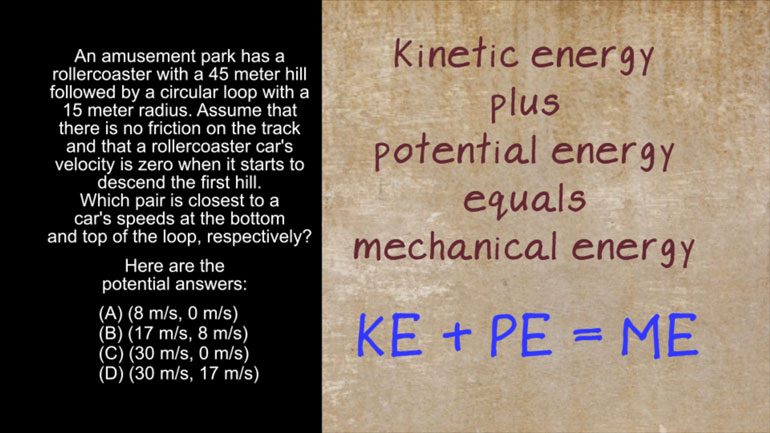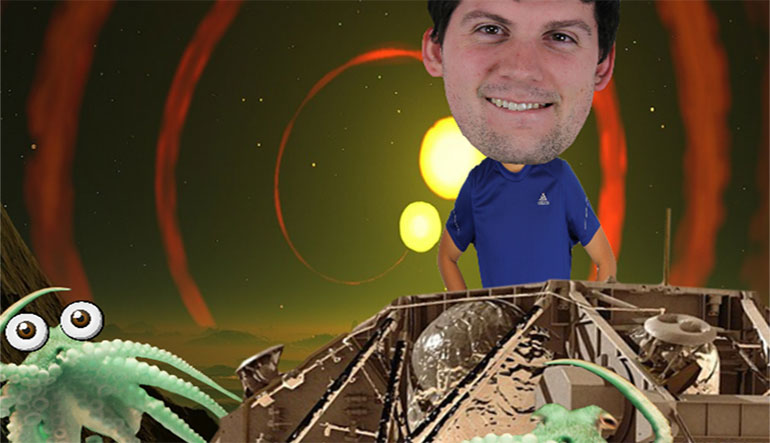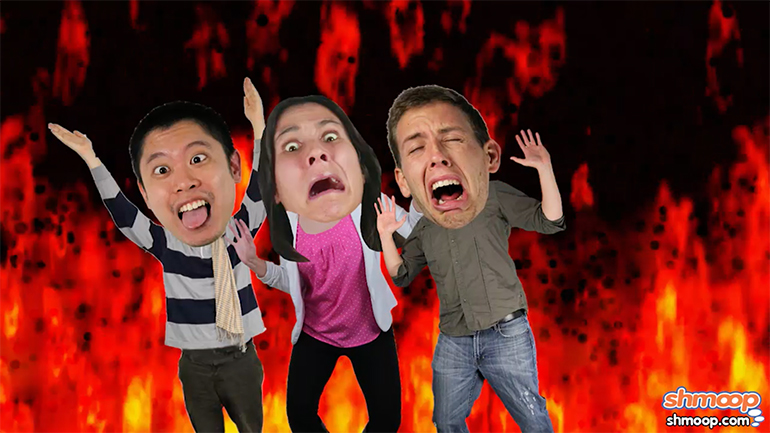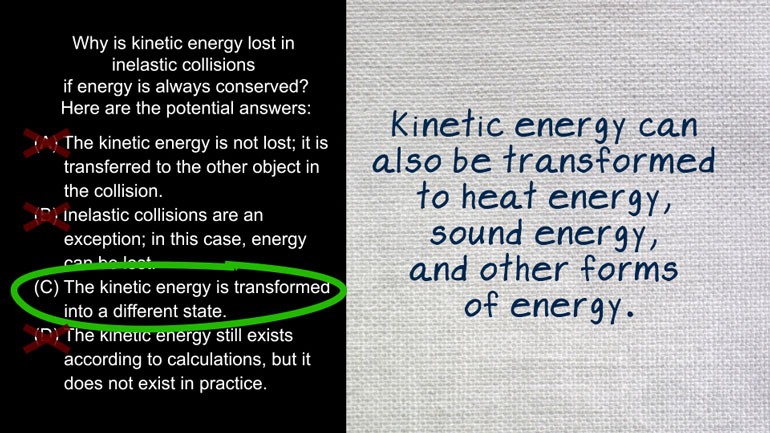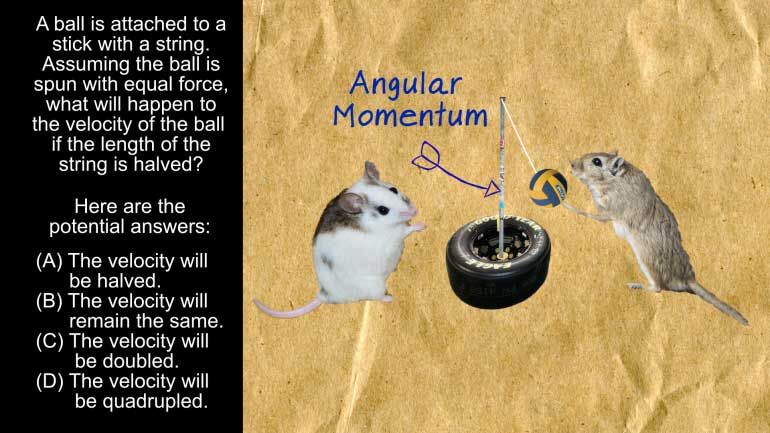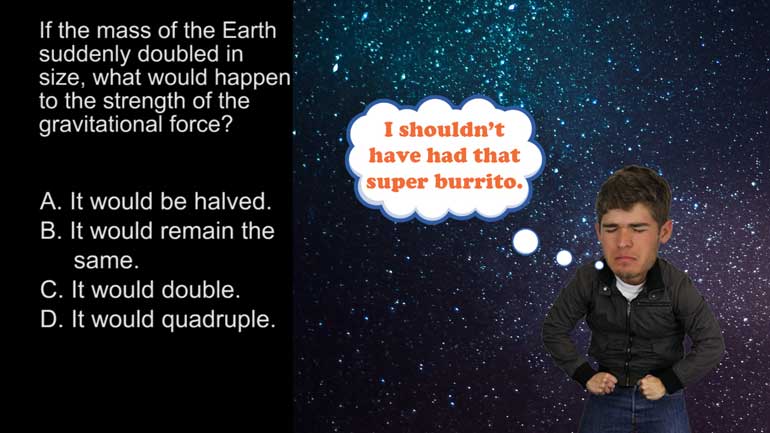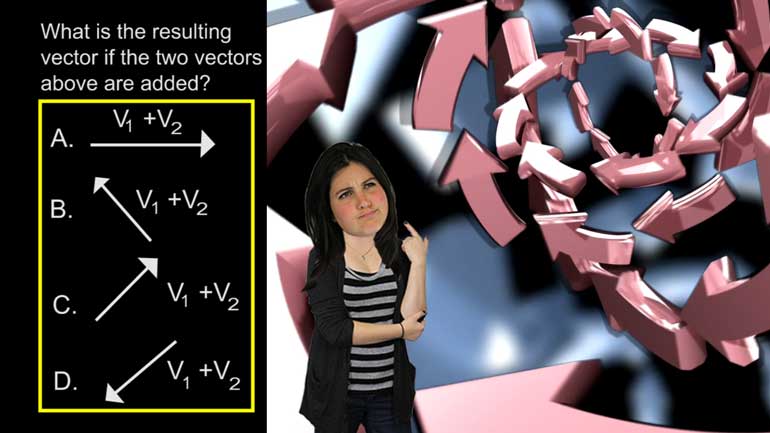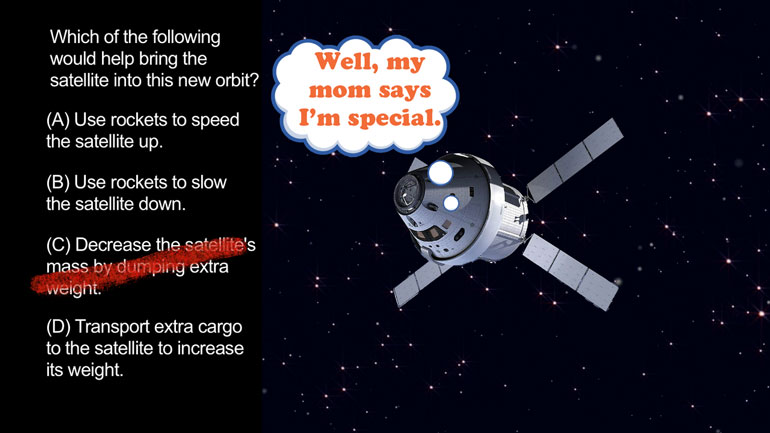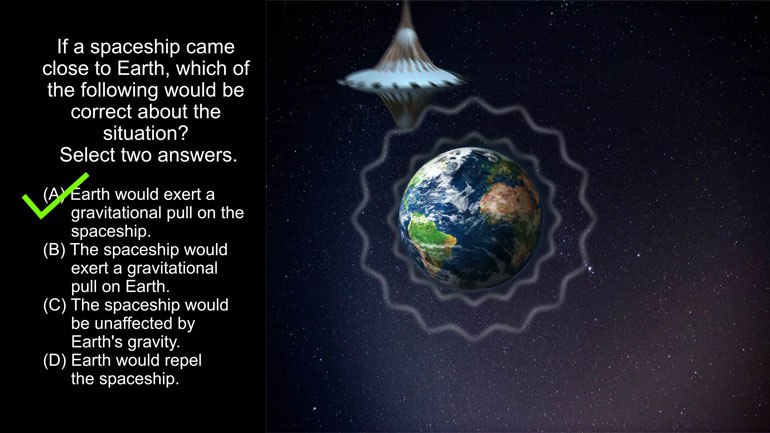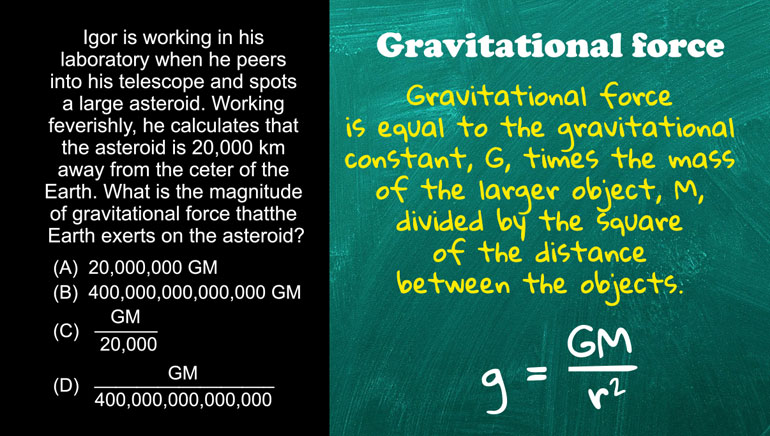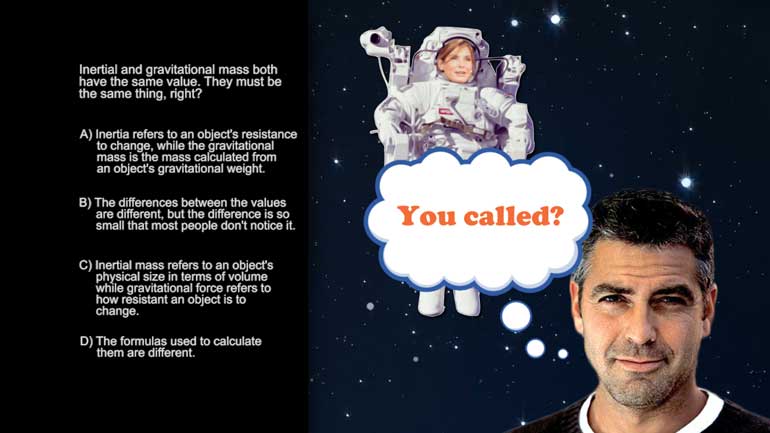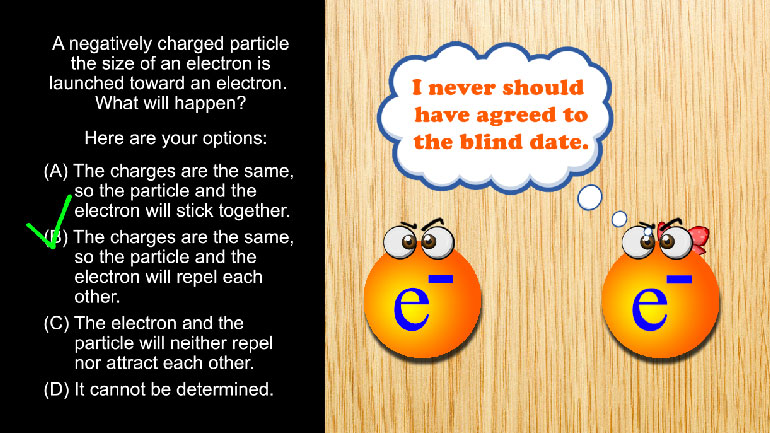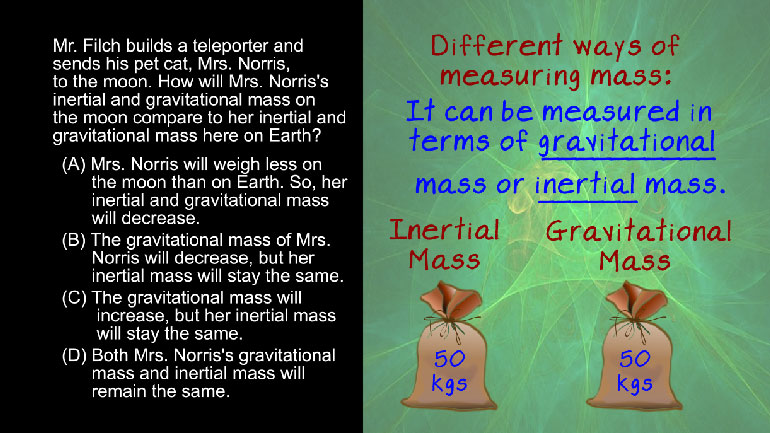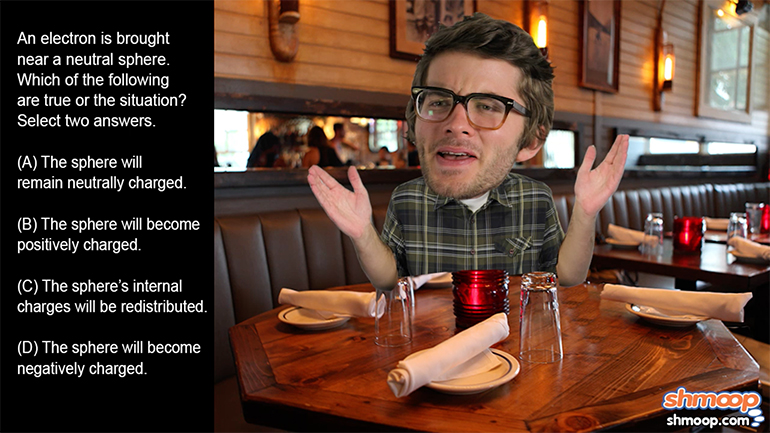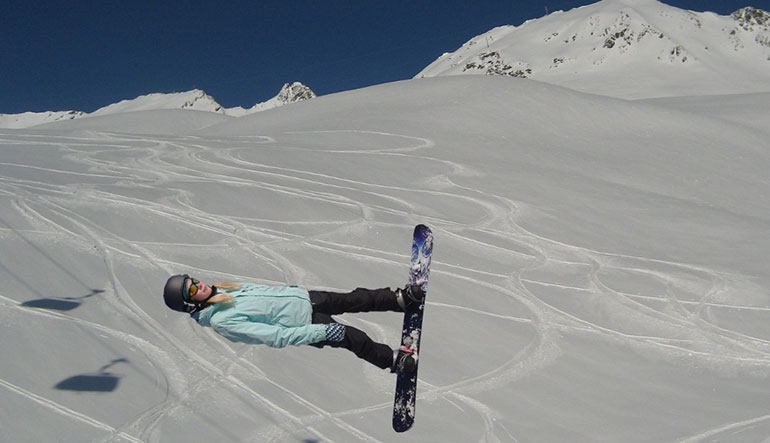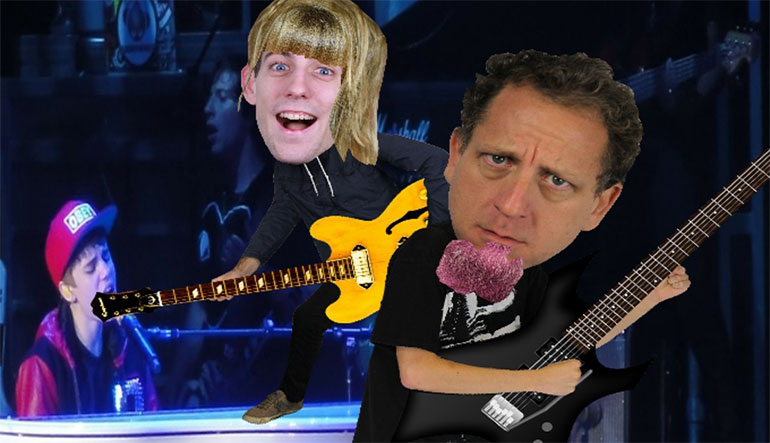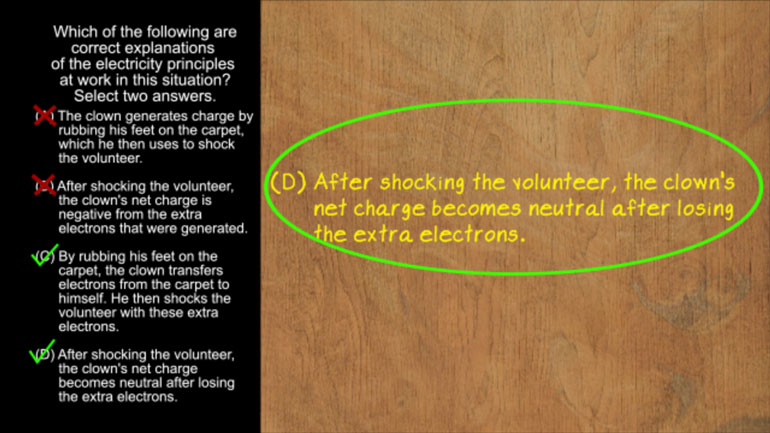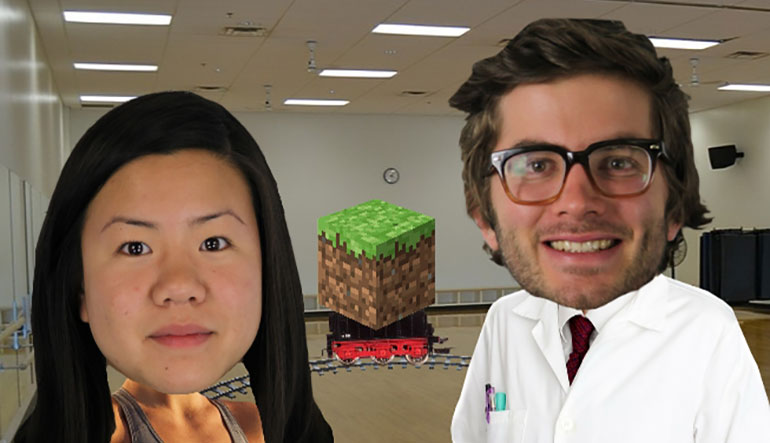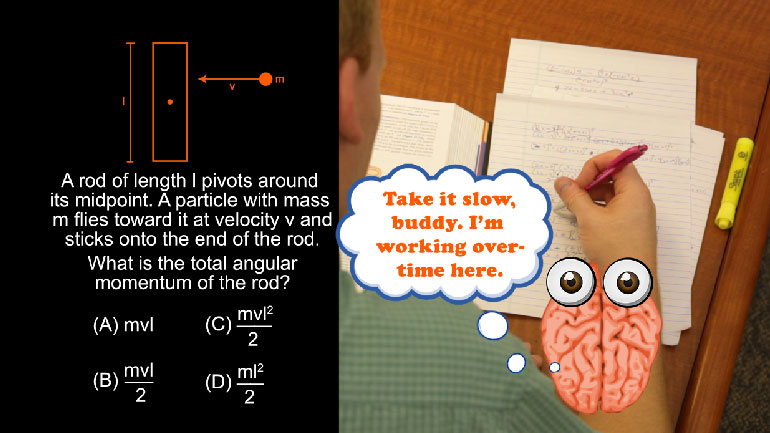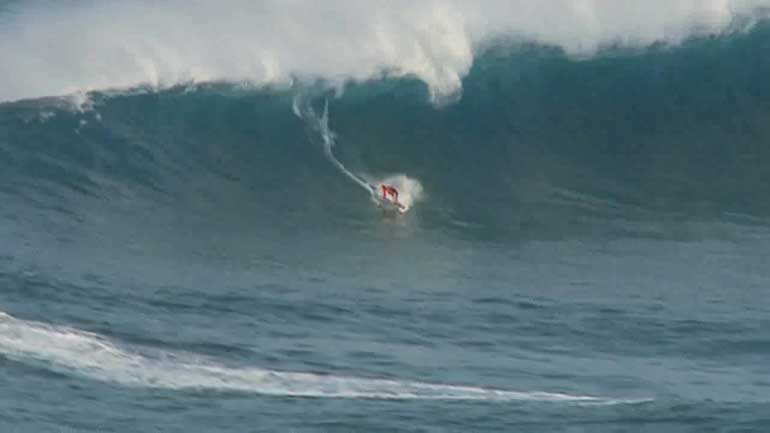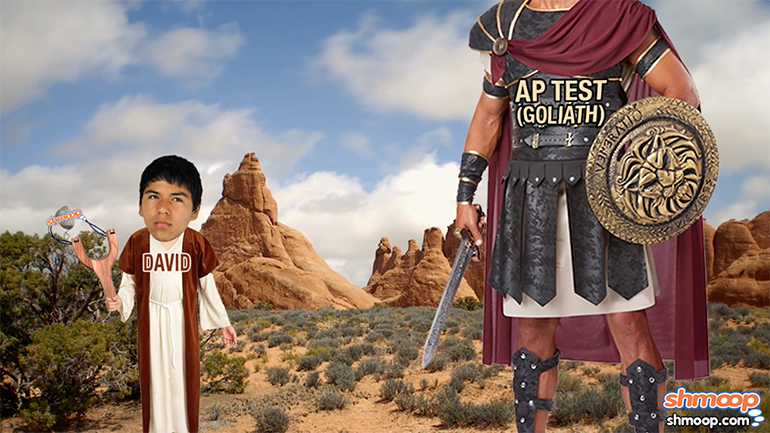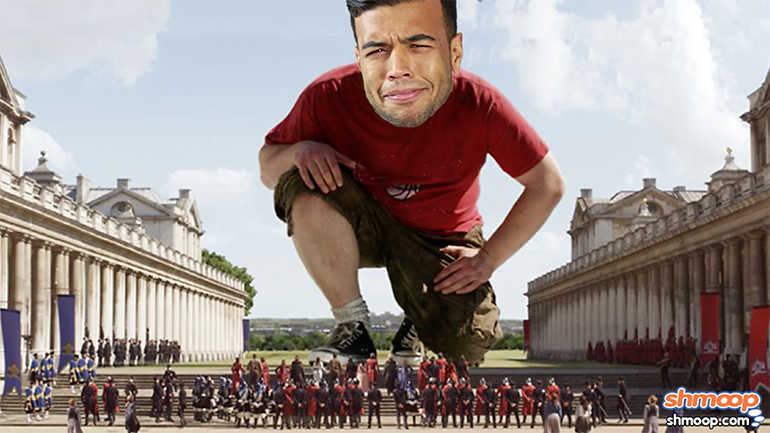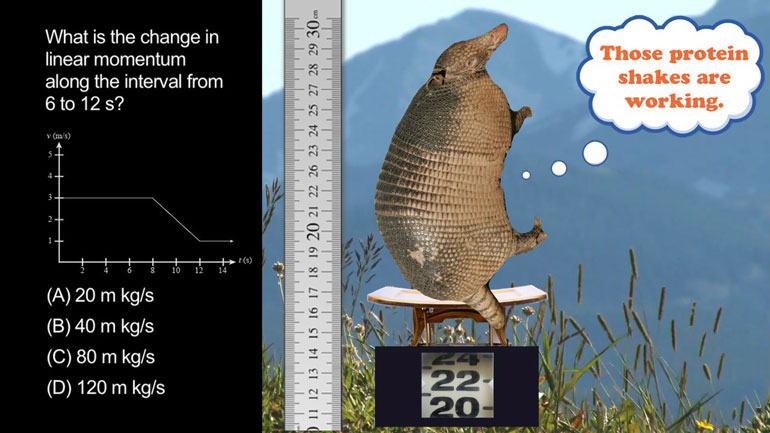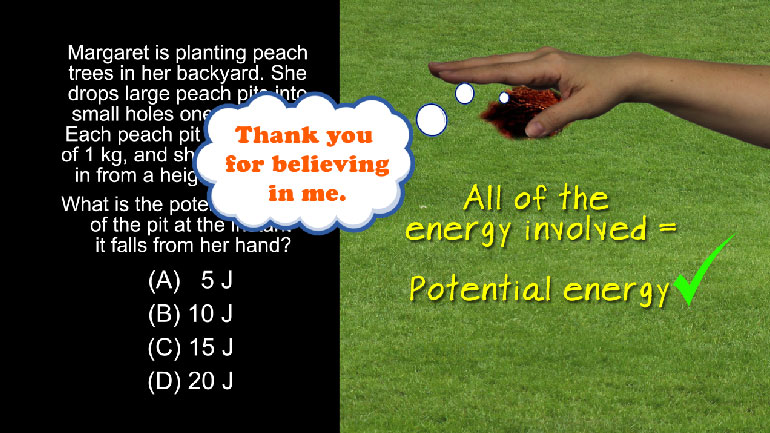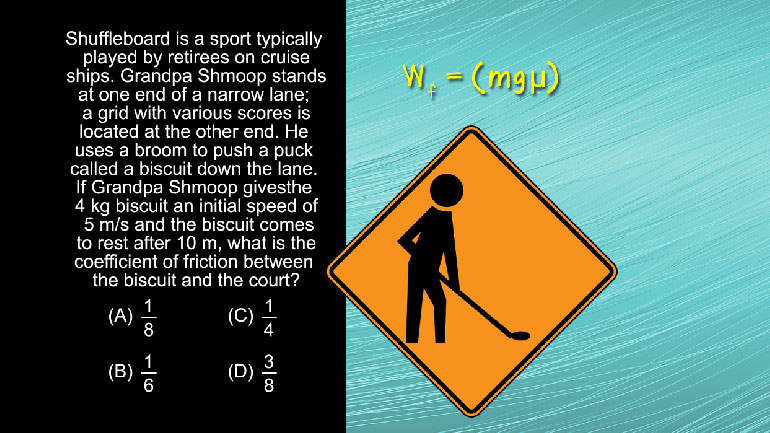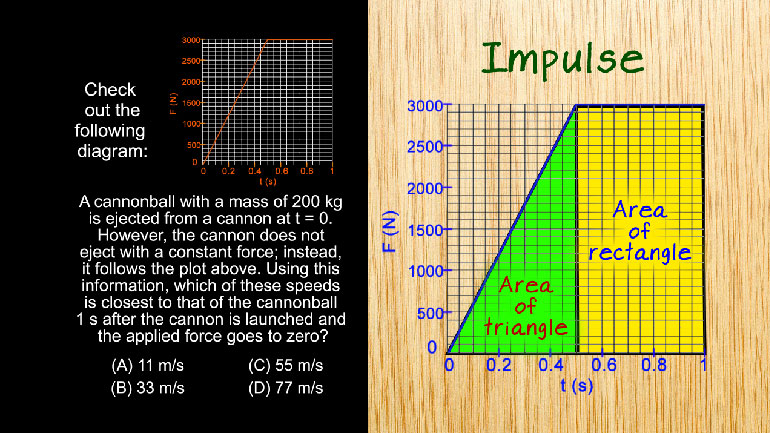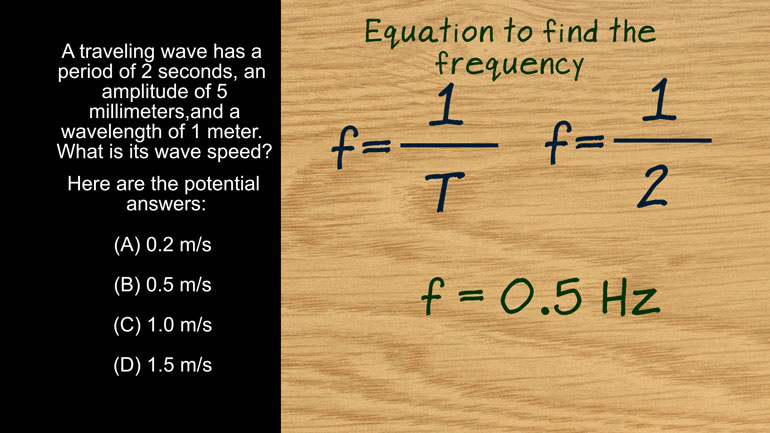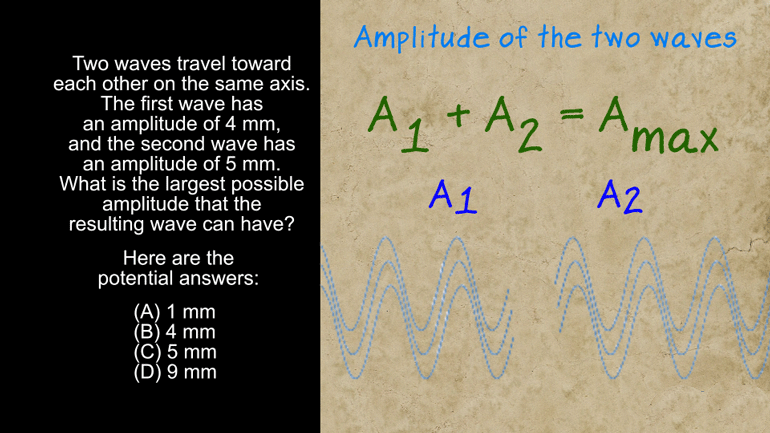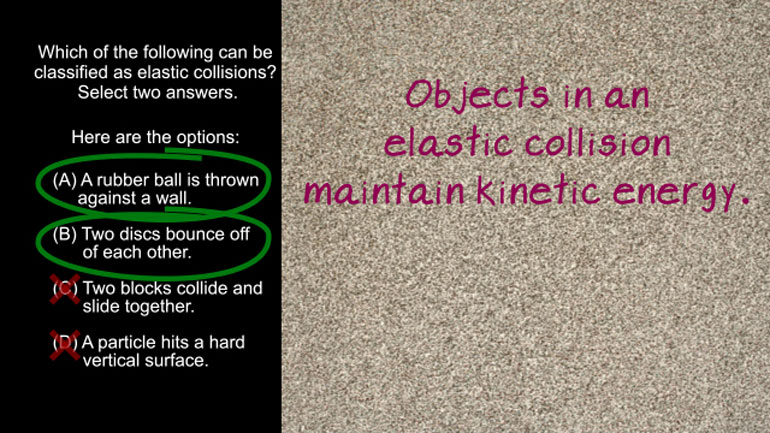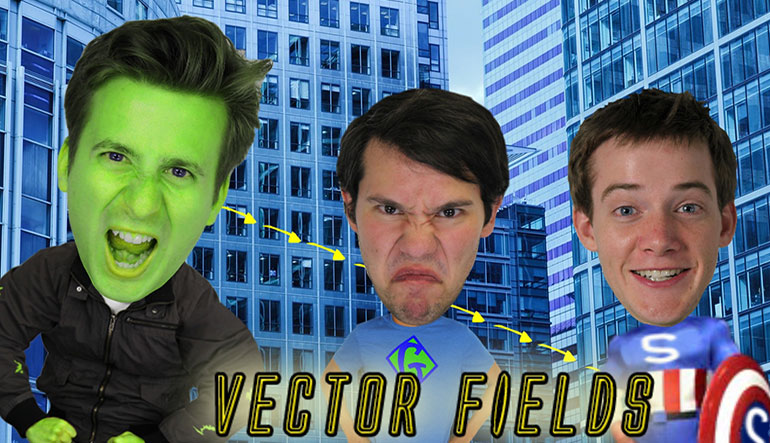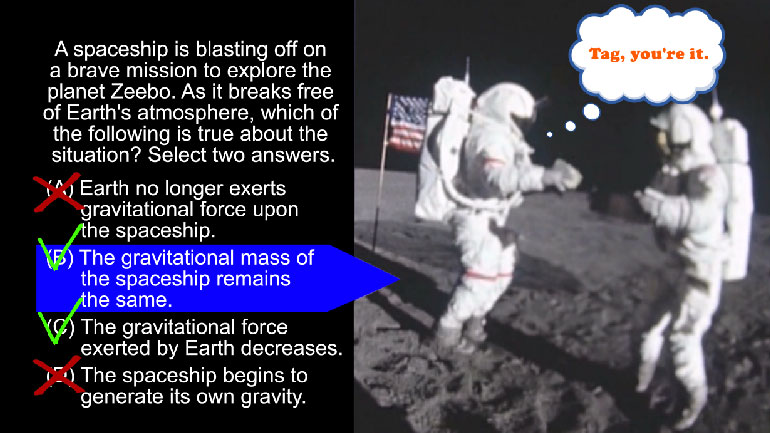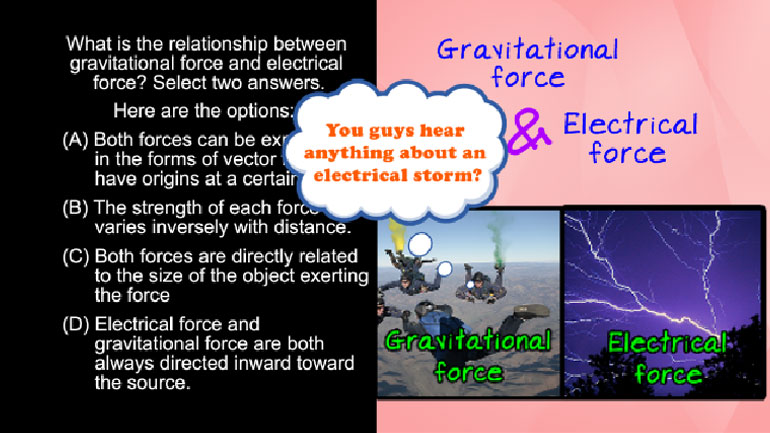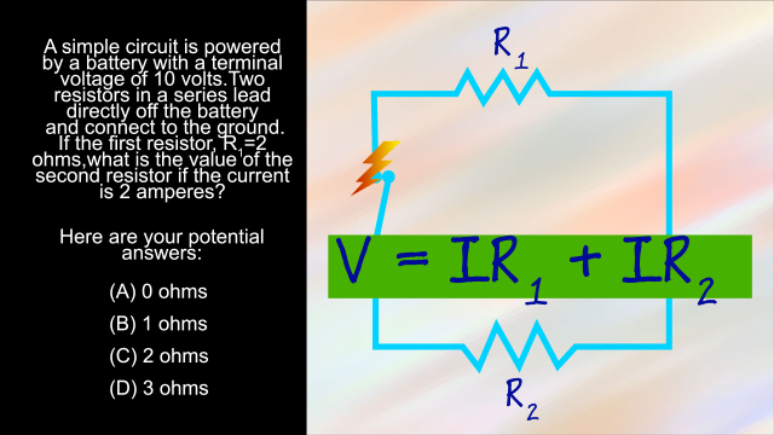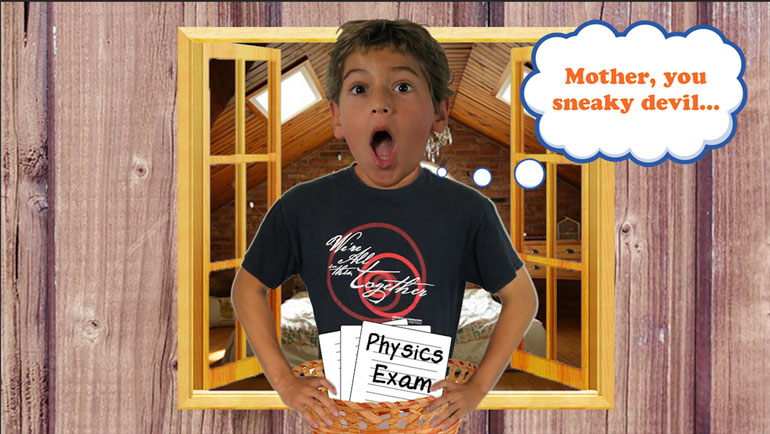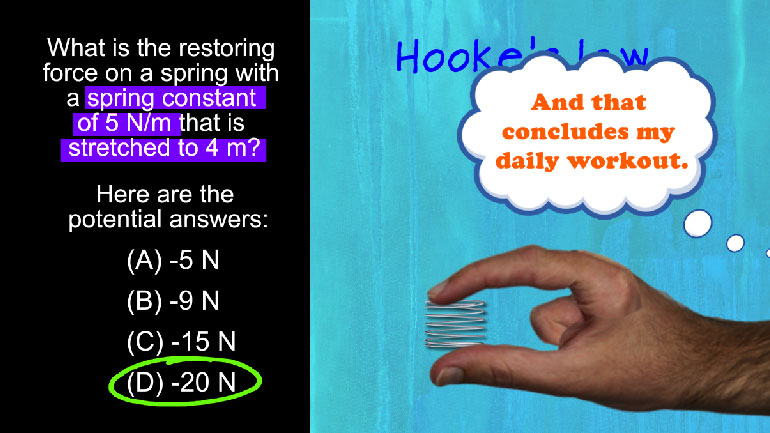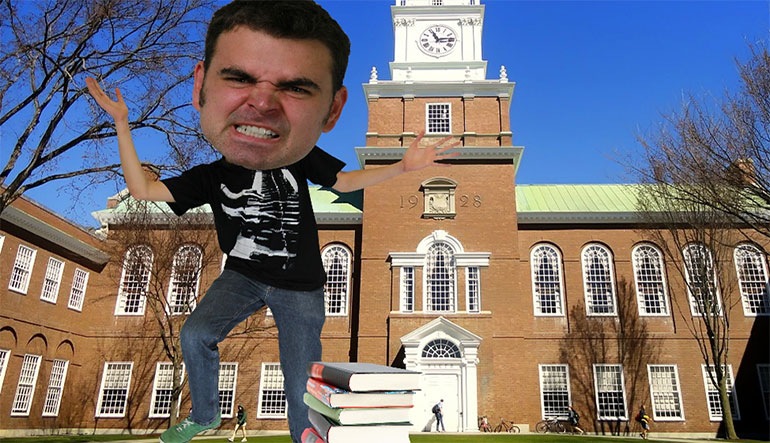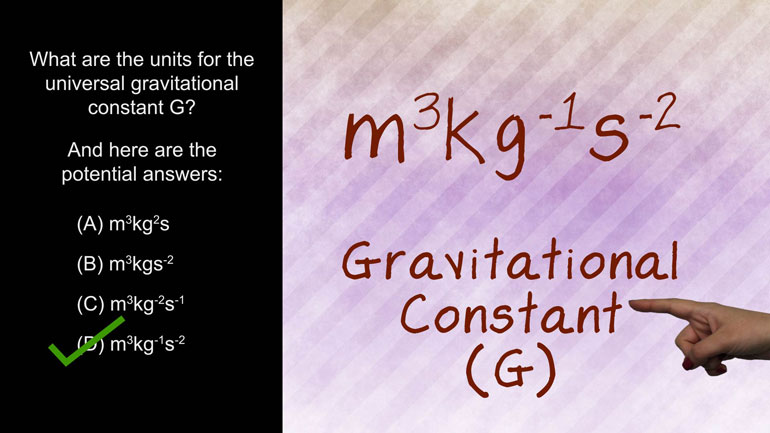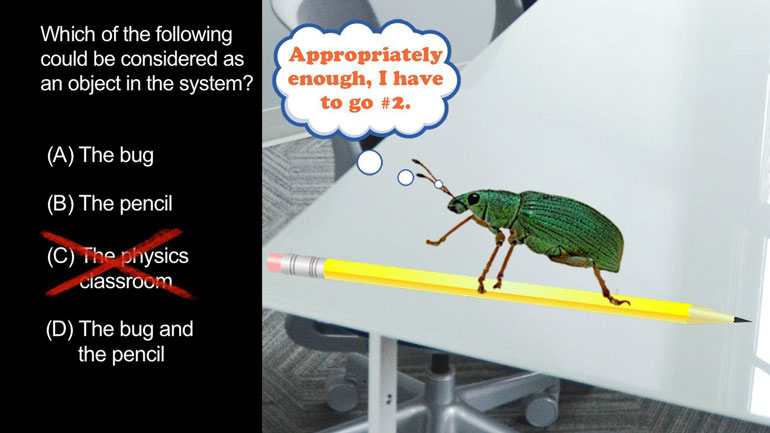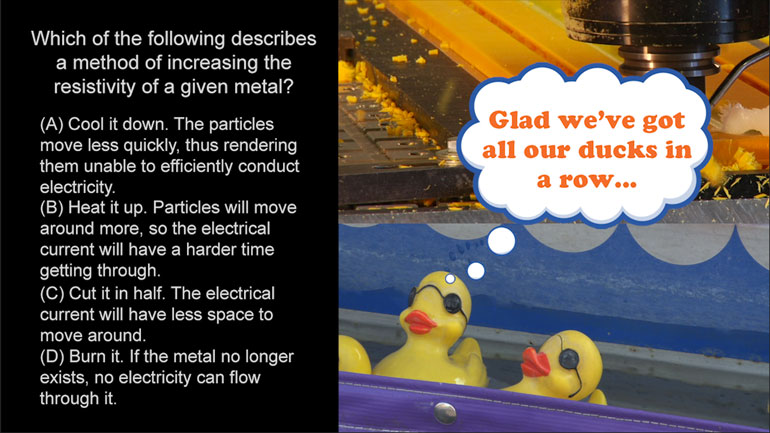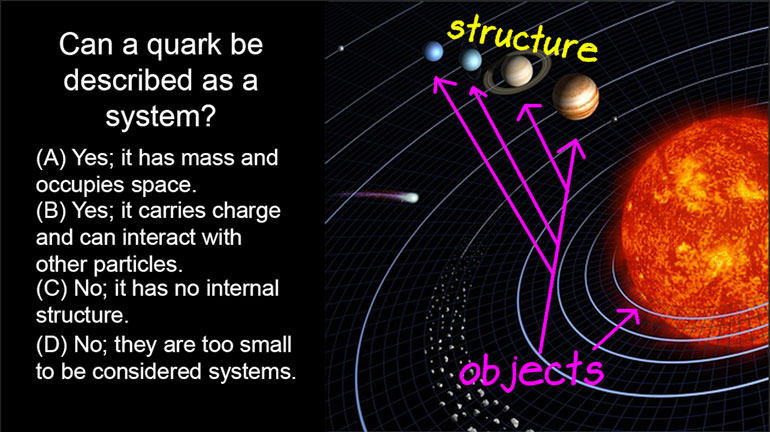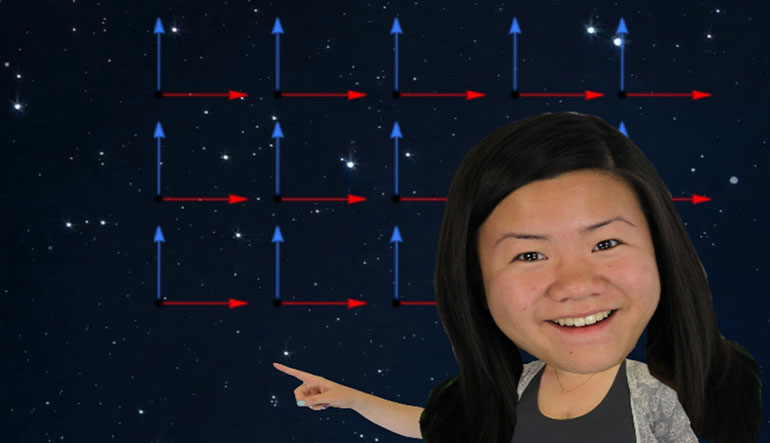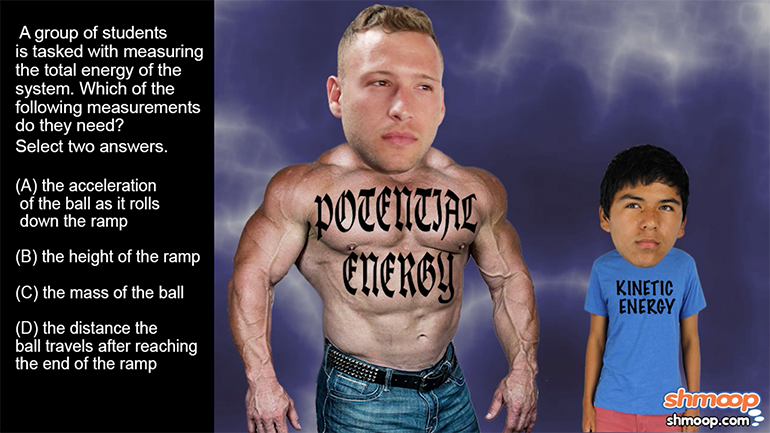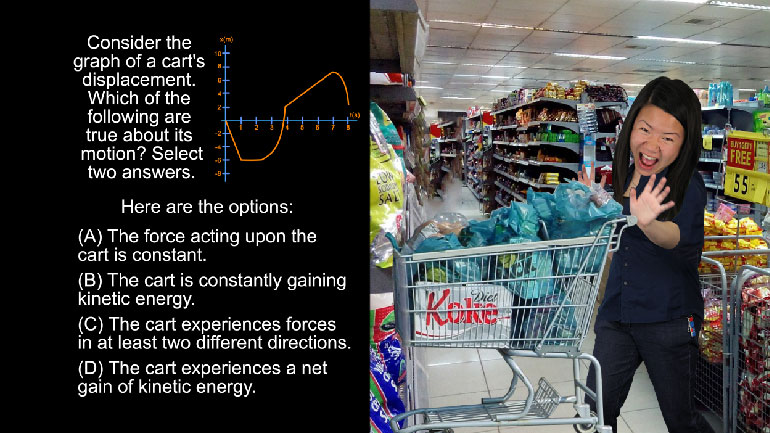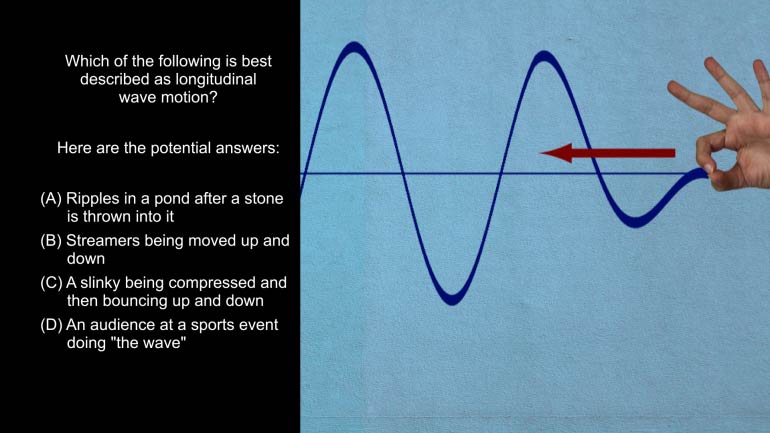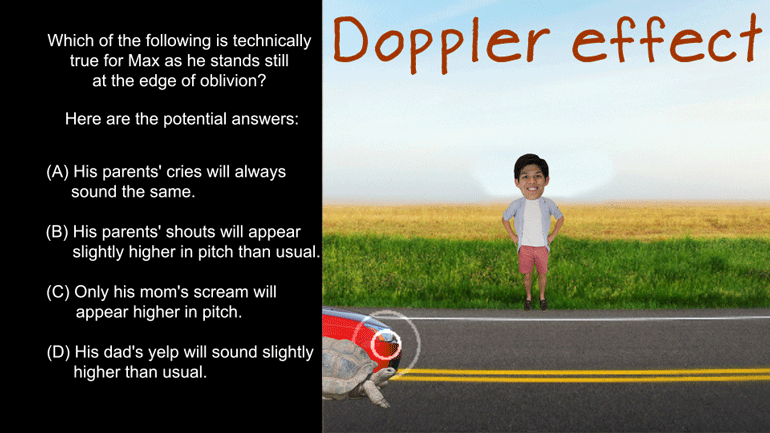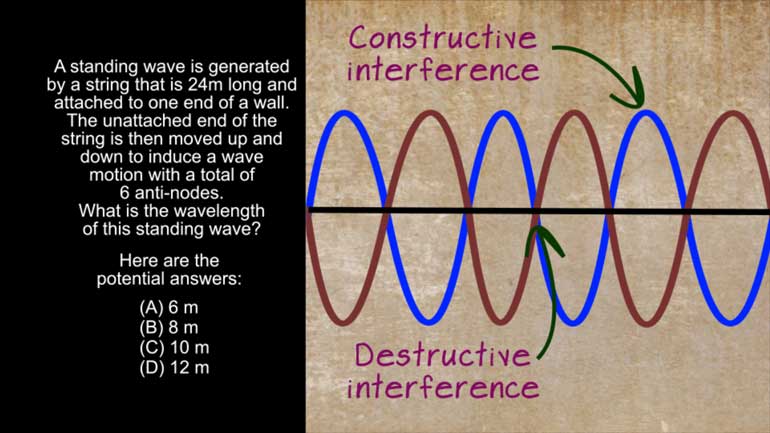ShmoopTube
Where Monty Python meets your 10th grade teacher.
Search Thousands of Shmoop Videos
AP Physics 1 Videos 69 videos
AP Physics 1: 3.3 Changes and Conservation Laws. What is the difference in work done?
AP Physics 1: 3.5 Changes and Conservation Laws. Which of the following would increase the rate at which the plate spins?
AP Physics 1: 2.4 Changes and Conservation Laws. Which of the following circuits should the students use?
AP Physics 1: 2.4 Changes and Conservation Laws 172 Views
Share It!
Description:
AP Physics 1: 2.4 Changes and Conservation Laws. Which of the following circuits should the students use?
Transcript
- 00:00
Thank you and here's your shmoop du jour brought to
- 00:05
you by electricity because without electricity this whole shmoop thing
- 00:08
just really wouldn't work Yeah smoke signal shmoop just doesn't
- 00:13
sound practical All right a group of students is tasked
- 00:16
with creating an experiment to illustrate the conservation of electric
Full Transcript
- 00:19
charge As shown through kirchoff junction rule They're given a
- 00:23
simple circuit board A twenty four volt battery three resistors
- 00:29
and an amp meter Which of the following circuits should
- 00:32
the students use and hear potential answers All right Circular
- 00:36
d'oh cancer This we first have to be clear on
- 00:40
what kirchoff junction rule actually his since that's the whole
- 00:43
point of the question and all Well cochise junction rule
- 00:46
states that current is conserved through a junction so that
- 00:51
the amount of current that comes into a junction is
- 00:53
the same amount that comes out of it That's part
- 00:56
of the law of conservation of electrical charge in a
- 00:59
closed system electrical charge can't change so we can put
- 01:02
all the junctions we want in a circuit A total
- 01:06
charge coming out of all those junctions will still be
- 01:08
the same as what came in And if we measure
- 01:10
the current at any point within those junctions it'll add
- 01:13
up to what went in Got it We'll prove the
- 01:16
kirchoff wasn't just goofing around We need a circuit that
- 01:18
allows us to measure the current either coming into or
- 01:21
going out of a junction and we also need to
- 01:24
measure the current at all the points that are part
- 01:27
of the junction The diagram that allows us to do
- 01:30
that is answered with this circuit We can use the
- 01:32
meter to measure the current at the first resistor then
- 01:36
use it to measure the current at each branch of
- 01:38
the junction Then we could prove that the total current
- 01:41
is the same in the junction and outside of it
- 01:44
and old gustav kirchoff would be proven right once again
- 01:48
and hopefully our electric grid will keep working for a
- 01:50
long time But if the power goes down and smoke
- 01:52
signals don't work well we might just have to get 00:01:55.169 --> [endTime] our shmoop on via carrier pigeon
Related Videos
AP Physics 1: 1.4 Waves. Which of the following is technically true for Max as he stands at the edge of oblivion?
AP Physics 1: 1.4 Changes and Conservation Laws. Find the current across R2.
AP Physics 1: 1.5 Waves. What can possibly occur when the two waves reach each other?
AP Physics 1: 2.2 Waves. What's the wavelength of this standing wave?
AP Physics 1: 2.5 Changes and Conservation Law. At what point(s) in this situation is energy lost in any form?
